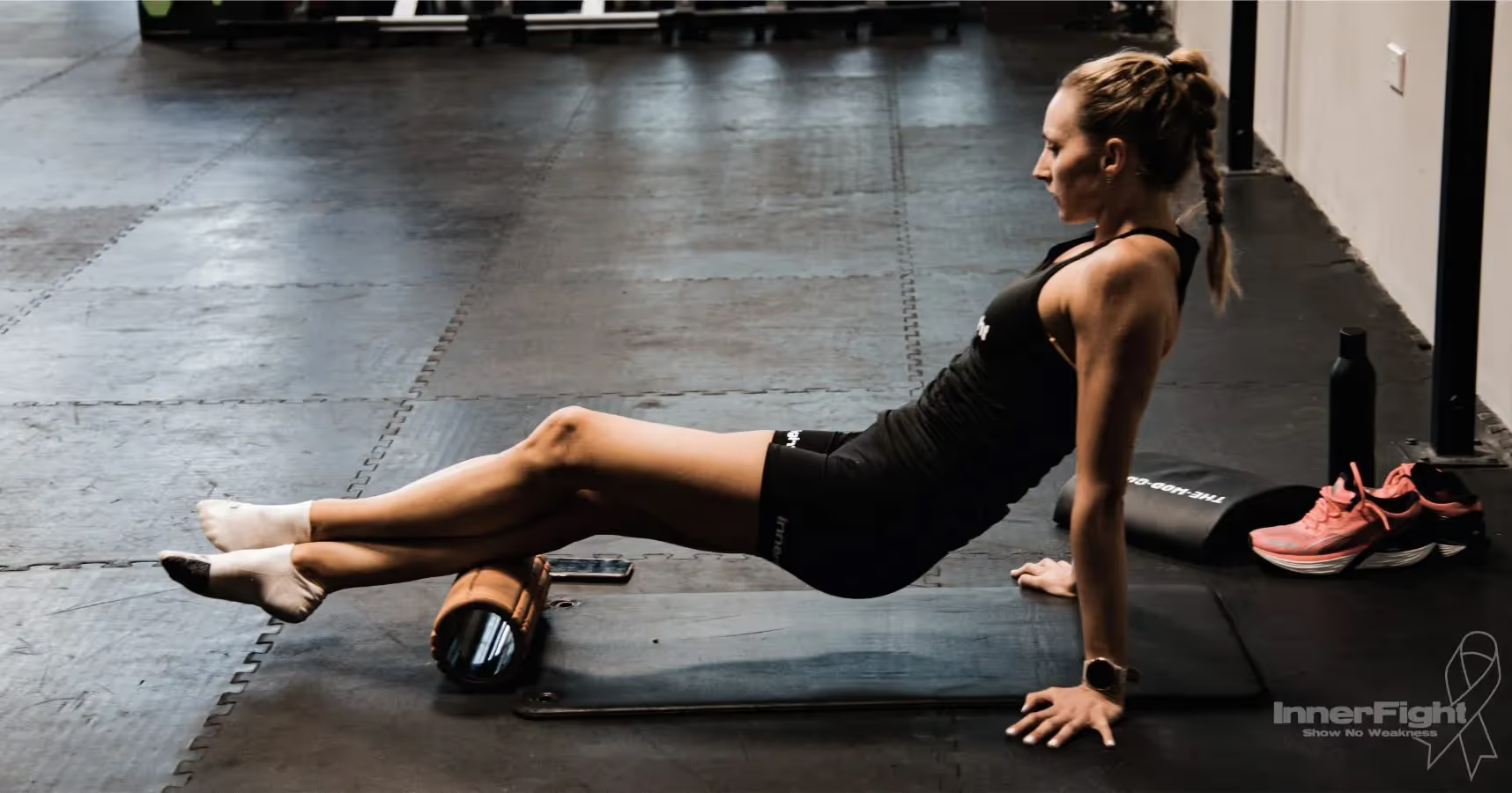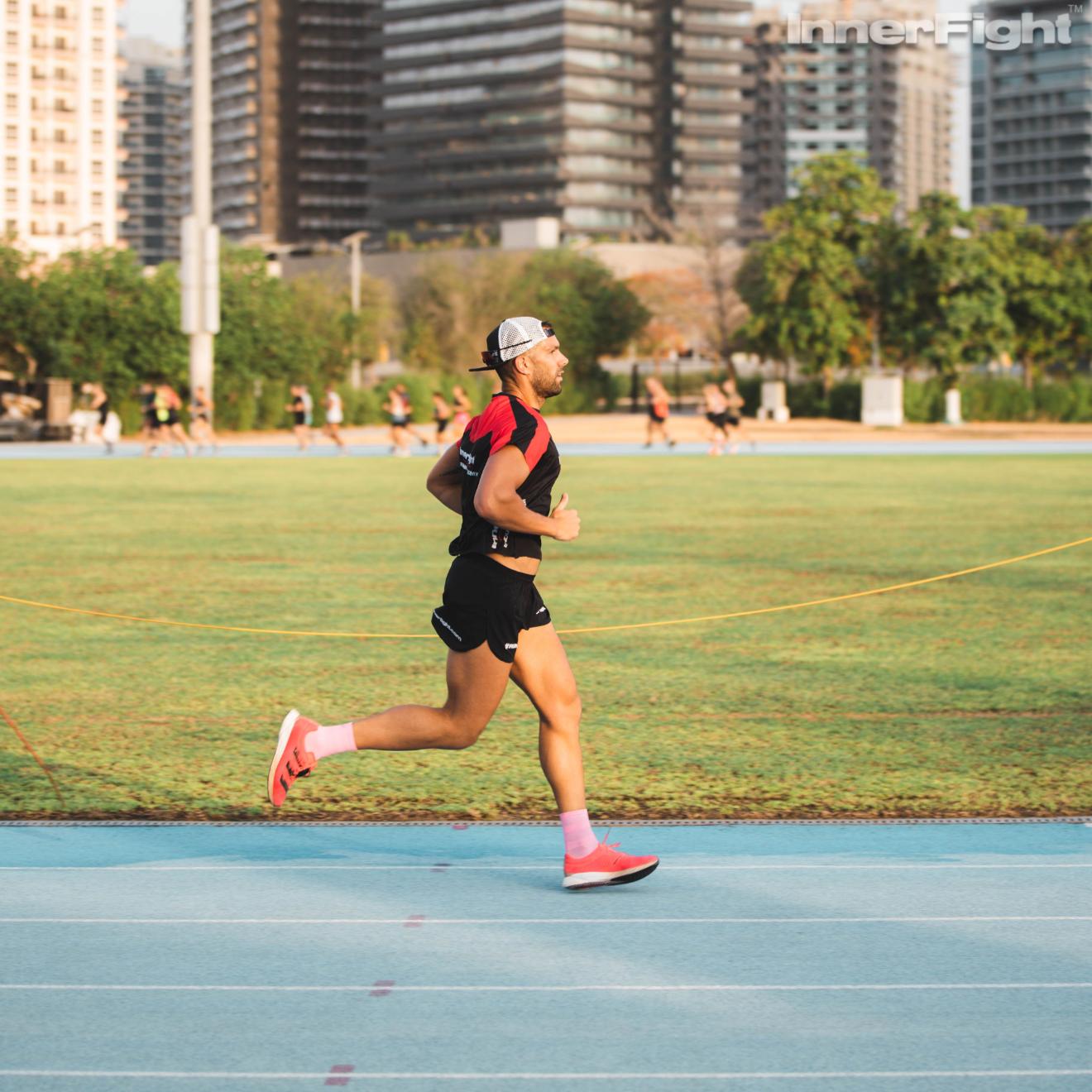Top 3 Signs You’re Overtraining

As humans, we often see things in others before ourselves. We also have a tendency to be high achievers and think that doing more is always better than doing less. When it comes to our bodies, this is not always the case – it’s possible that we can drive ourself into a fatigue deficit.
3 Most Common Signs You’re Overtraining
#1 – Frequent Injuries or Sickness
Training too much weakness out immune system, meaning we are more prone to getting sick. It also means we’re at much higher risk of injuries if we don’t give our body the recovery time it needs.
If you’ve suffered back-to-back injuries or frequent bouts of sickness, it’s probably worth looking at your training load and the frequency of high-impact sessions.
#2 – Performance has Plateaued or Declined
When this happens, our reaction is usually to push harder and to work even more. You might have noticed that there is a decrease in your speed, strength, or overall endurance despite all of your consistency. In order to allow your body to make progress, it needs to recover from the stress it is under!
#3 – Energy for Life is Low
Not waking up excited and ready for the day, despite a full night’s sleep, could be sign that you need to rest more. Perhaps social plans with friends or family that used to be fun now feel like a chore. It is important that our training complements our lifestyle, as opposed to hindering it.
How to Recover from Overtraining
#1 – Prioritise Rest
You need to give your body time to recover, even if this means lowering your training volume or taking a few weeks off entirely. If you push your body too hard for too long, you could end up with a serious injury that puts you out of action for a very long time.
#2 – Focus on Nutrition
In order to recover properly, your body needs the right fuel. Getting enough calories, proteins, vitamins, minerals is essential – especially when you’re training at a high intensity over long periods of time.
#3 – Ease Yourself Back In
Instead of jumping straight back to where you left off, try a more gradual return. Lower your training volume by up to 50% and increase the intensity in stages. This will reduce the likelihood of picking up injuries and allows you to focus on other areas of your training like form and technique.
How to Avoid Overtraining
The number one thing you can do to avoid overtraining is listen to your body. Pay attention to how you feel before, during and after exercise. Don’t ignore any aches or strains and keep track of your workouts over time. Stay fuelled up, drink plenty of water and – of course – get plenty of rest!
Final Thoughts
Remember sometimes the hardest thing we can actually do is take a rest day or recovery week! Do hard things; and see improvements in many areas of life.
Fun - HONESTY - Simplicity - Smash Life - Mental Toughness - Hard Work




.jpg)






.avif)


